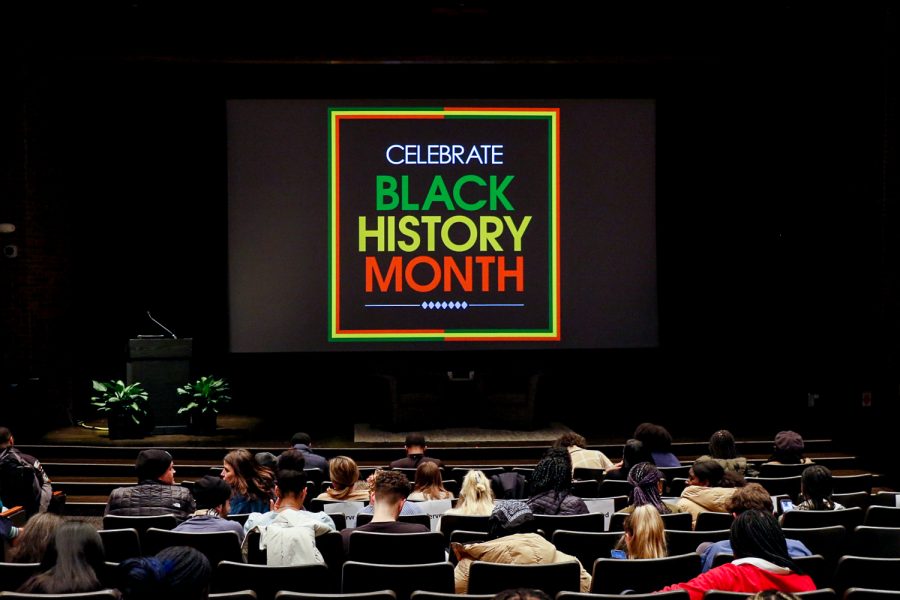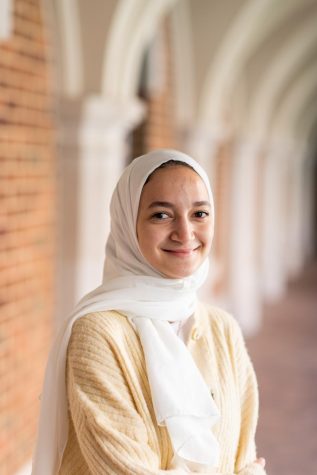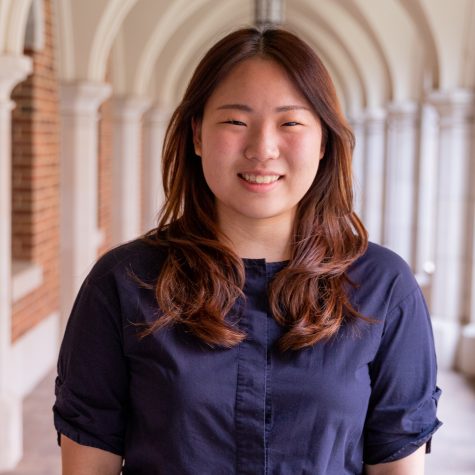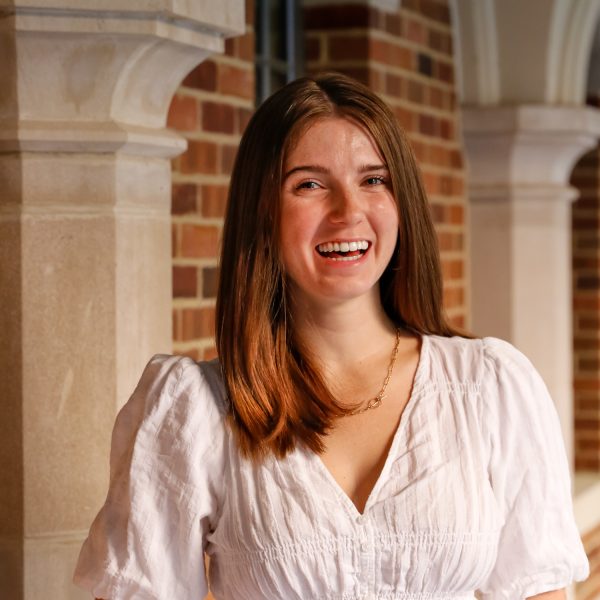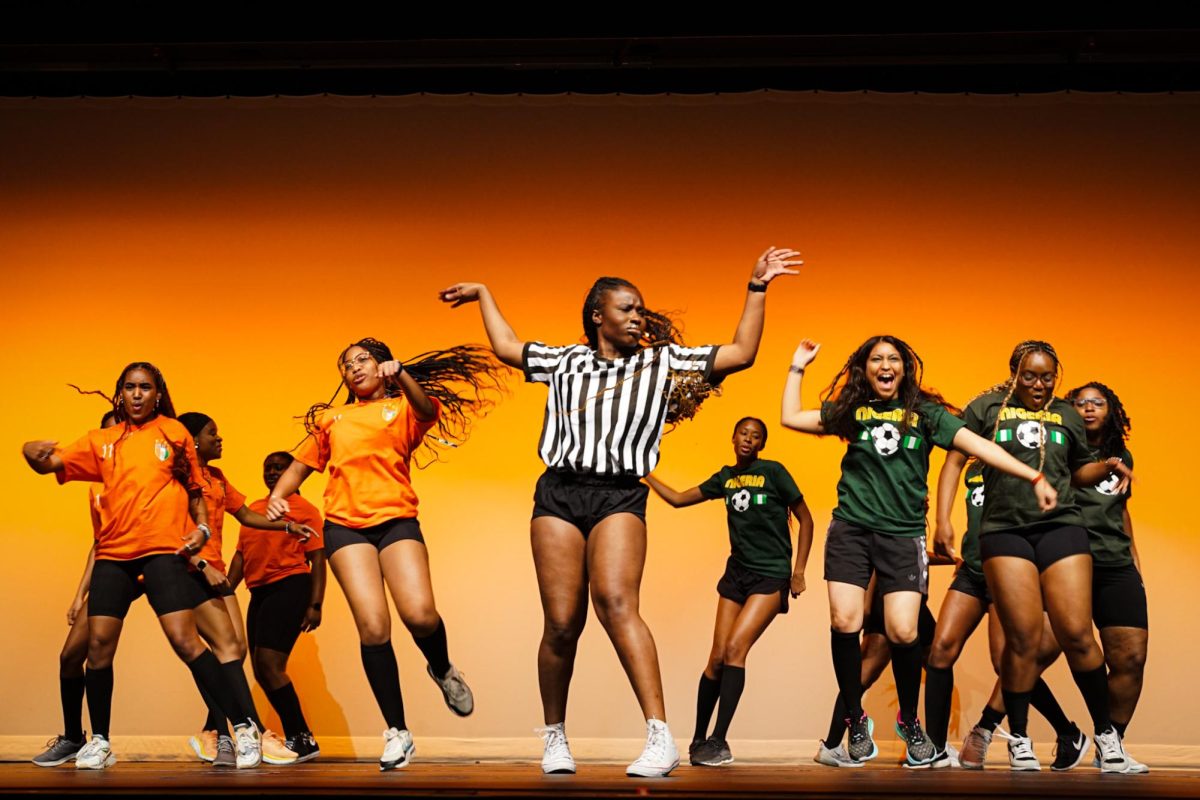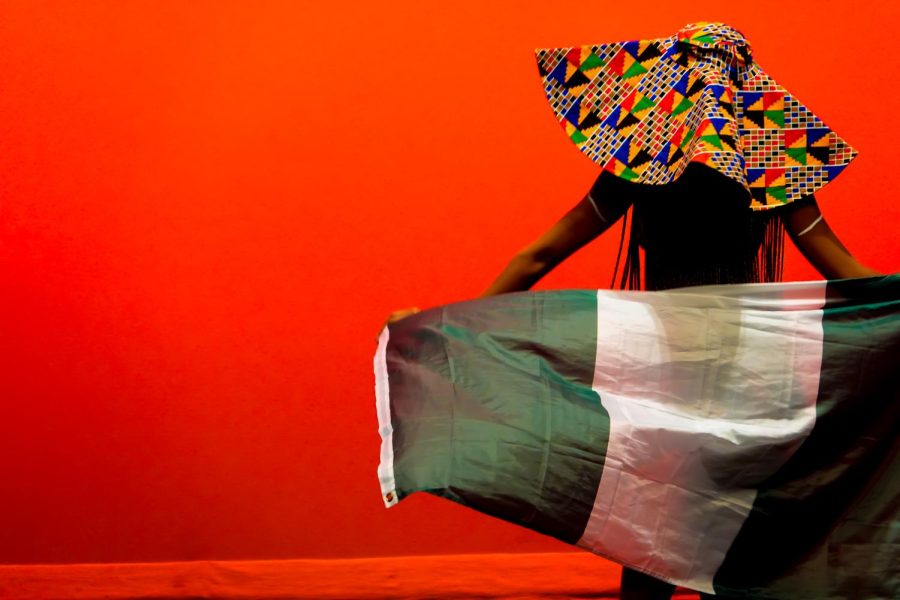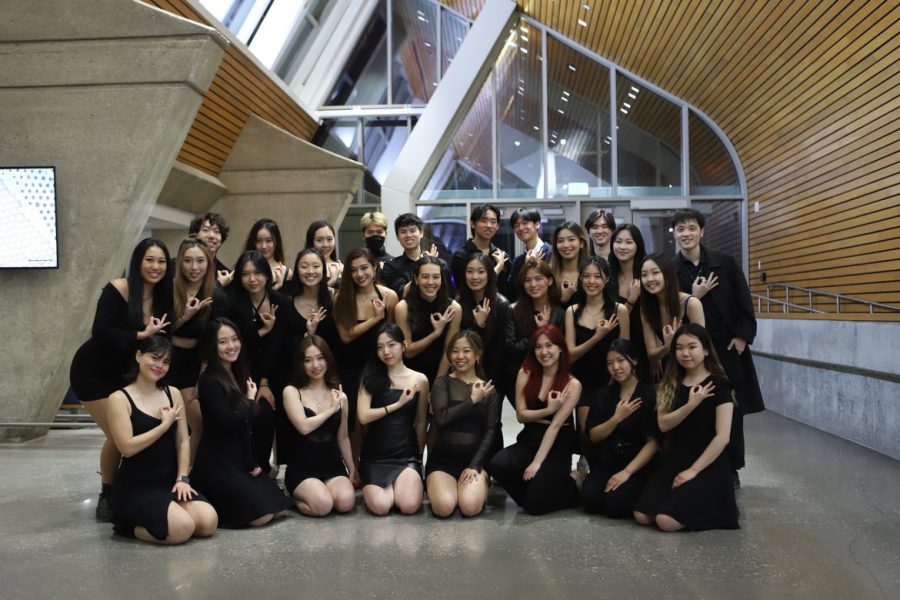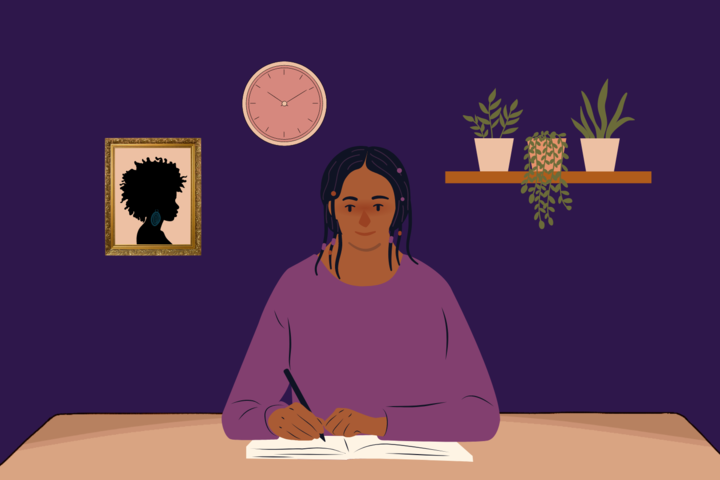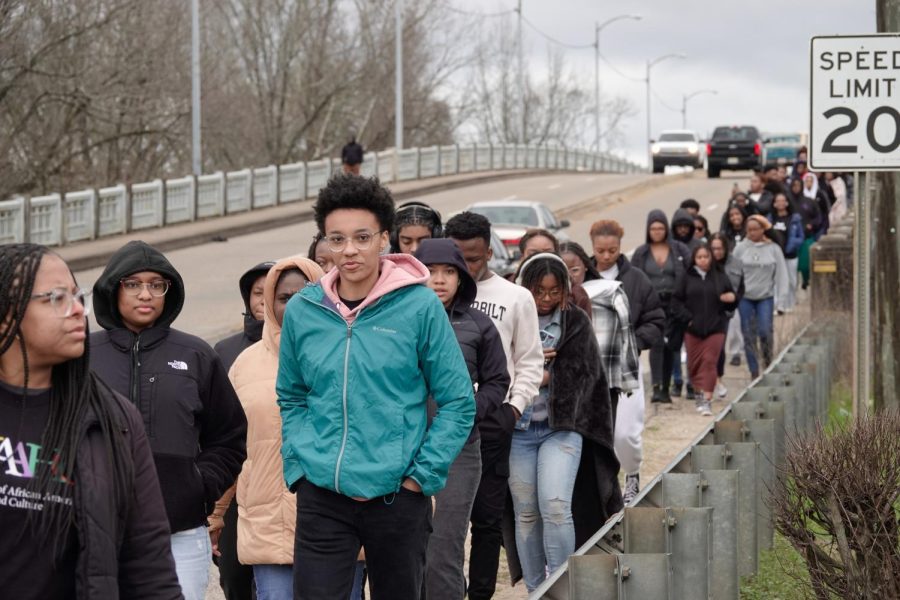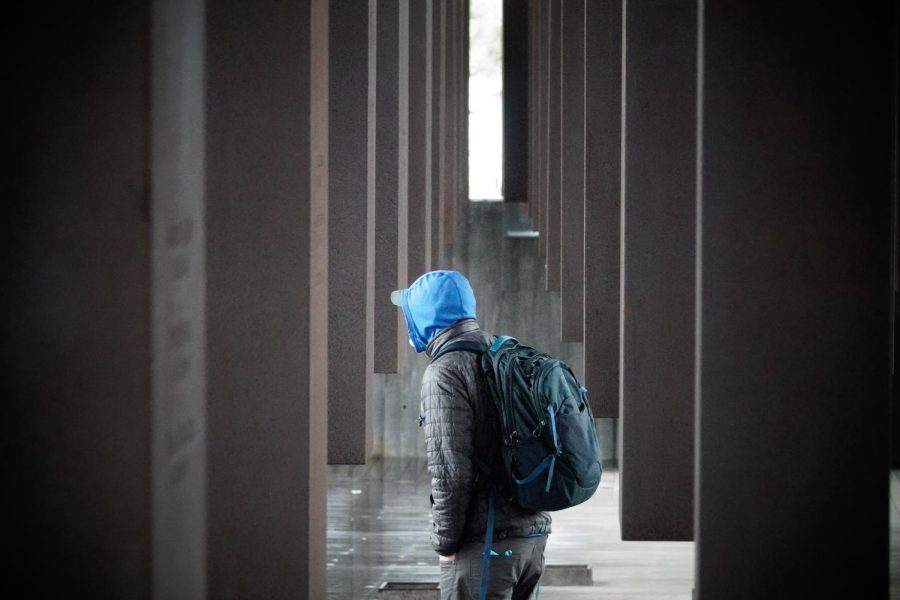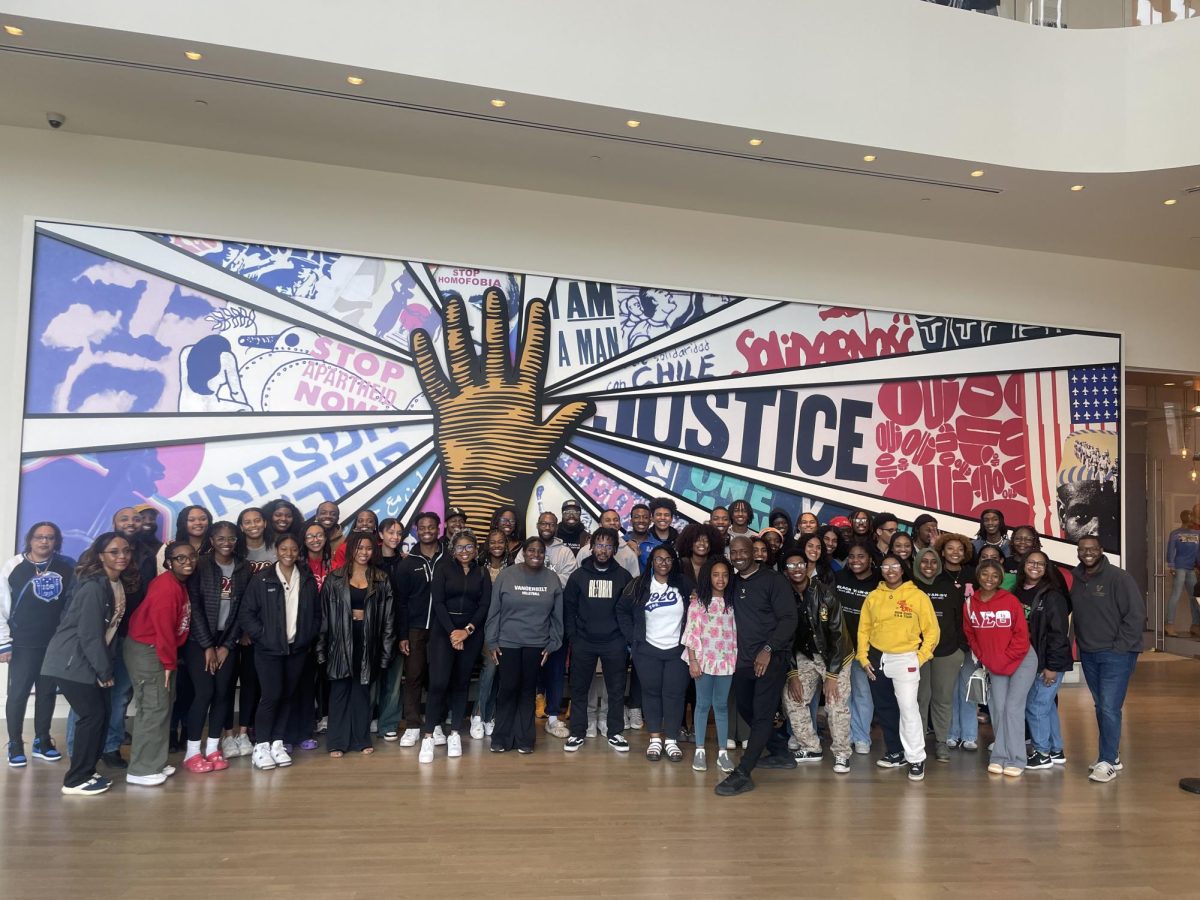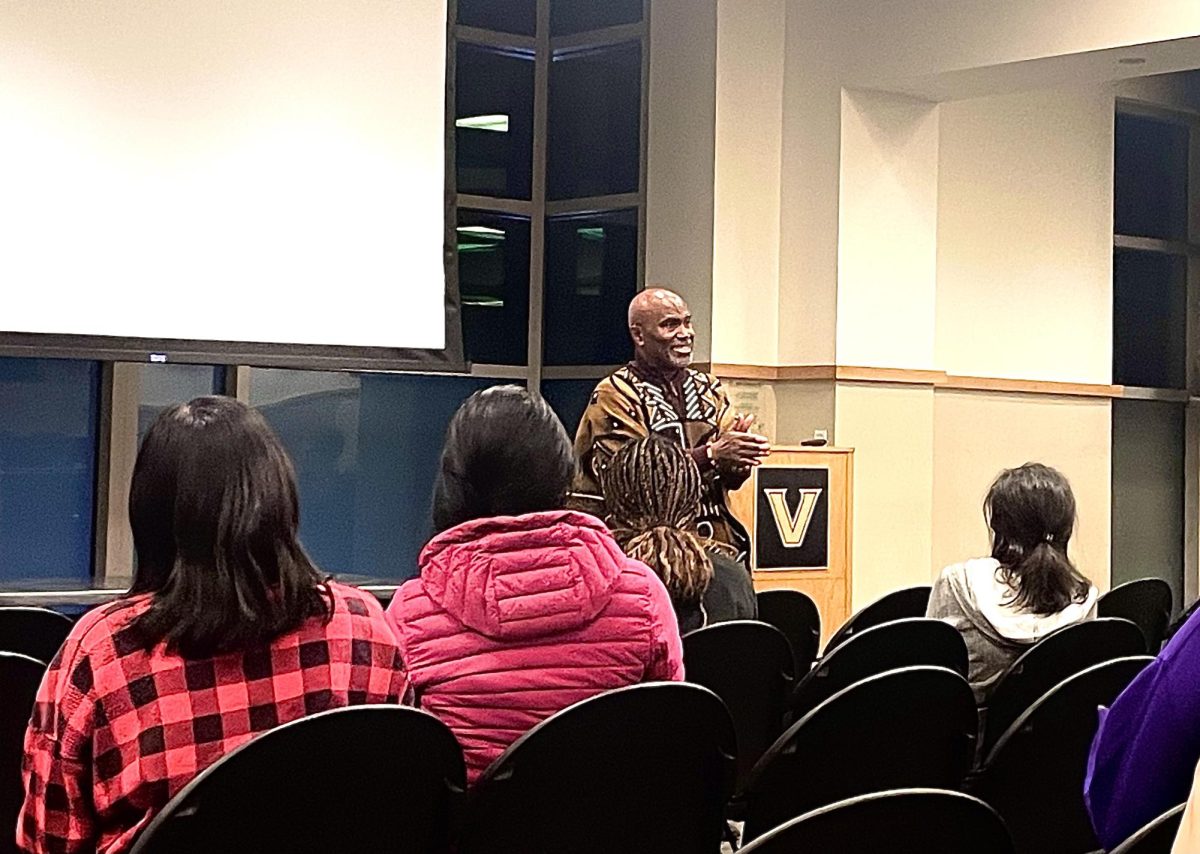This year’s Black History Month featured programming celebrating Black culture and heritage hosted by the Black Student Association, the African Student Union, the Caribbean Students Association and several other student organizations. The Bishop Johnson Black Cultural Center facilitated much of the month’s programming.
Rosevelt Noble, director of the BCC and professor of Sociology, said the programming was characterized by various student-led initiatives under the BCC’s new program, “For Us, By Us” (FUBU), which launched in November 2022.
“I emailed our Black students and [said] ‘Hey, if I gave you $500, what would you do with it?’” Noble said about the FUBU program. “That was my way of inspiring and empowering them to come up with programming ideas…everything about that program came from the students.”
The celebration of Black History Month began on campus when the university hosted renowned sports journalist and author Jemele Hill. The event was the 16th annual Murray Lecture, named after the founder of Vanderbilt’s Black Student Association, Walter Murray (‘70), and took place in Sarratt Cinema on Feb. 1.
Athletic Director Candice Lee moderated the event, during which she asked Hill about her upbringing and the role it has played in the development of her career.
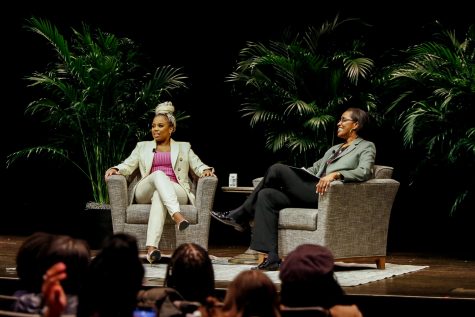
Hill spoke about growing up in Detroit in a tumultuous family environment and using writing and sports as her creative outlet.
“From the worst trauma, I was able to discover something that I loved and was passionate about,” Hill said.
After discovering her passion for sports journalism, Hill said she had difficulty finding Black female role models in the field, instead having to carve her own way in the space.
“I think all of the stories that you want to tell about the society we live in and the world we live in, you can tell through sports,” Hill said.
Hill also spoke about the impact of systemic racism on Black professionals.
“No matter how many records you set, no matter how many points you score or how many championships you win, there is going to be at some point a reminder that you cannot achieve your way out of racism,” Hill said.
Hill was also asked about her thoughts on the discourse surrounding the murder of Tyre Nichols, who was killed by five police officers on Jan. 7 in Memphis, Tennessee.
“When you’re critiquing policing in America, you’re critiquing a system,” Hill said. “It wasn’t the race of the officer that mattered, it’s the race of the victim that mattered.”
First-year Santana Spearman attended the event and said she related to Hill’s sentiments of wanting to be appreciated for her identity in professional settings.
“She didn’t want to go to work and fight for her Blackness. I don’t want to do that either, so that’s something that I will carry with me for a long time,” Spearman said.
BSA President Brandon Scott, a senior, said the event was a great way to begin Black History Month on campus.
“[Hill] is an icon for perseverance, and showing that you don’t have to sanitize your voice for anyone,” Scott said. “If you don’t use your voice, then you can’t bring about change.”
In the following week, on Feb. 7, Students Transitioning Relaxed and Natural Developing Sisterhood (STRANDS) hosted a “Black Women’s Professional Panel” to empower Black women in career paths including consulting, medicine, law, business and engineering. The panel shared networking and internship experiences, as well as programs for underrepresented communities.
“Holding events like this is very important because networking for underrepresented people tends to be very difficult,” STRANDS President Soleil Kelly, a senior, said. “Having these events allow people of color to get together and build a strong community.”
Junior Danait Issac hosted an event titled “Blackness and the Great Outdoors,” as a part of the FUBU initiative, an event she said she has wanted to do for years. It consisted of an interactive discussion on Feb. 15, followed by a rock climbing session on Feb. 17.
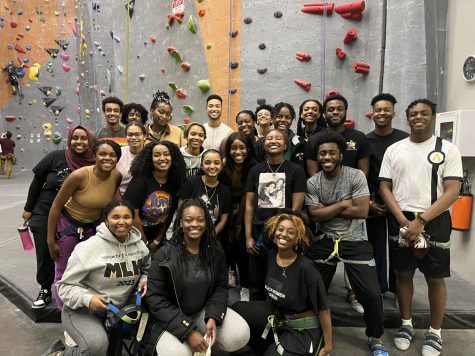
“It was such a full-circle moment,” Issac said. “Coming to Vanderbilt where a lot of the outdoor recreational spaces are white, and being able to create a safe space for Black students, it’s just so much healing and joy that happens in these spaces, and I was so happy to see everyone so excited and falling in love with rock climbing.”
Later in the month, the Ethiopian-Eritrean Student Association, African Student Union and Muslim Students Association collaborated to host a “Black History Jeopardy Night” on Feb. 21 to learn and raise awareness about Black Muslim figures.
Junior Mina Mohammed, EESA’s director of civic engagement and awareness and one of the event organizers, spoke about the importance of showcasing the intersectionality of the Black identity.
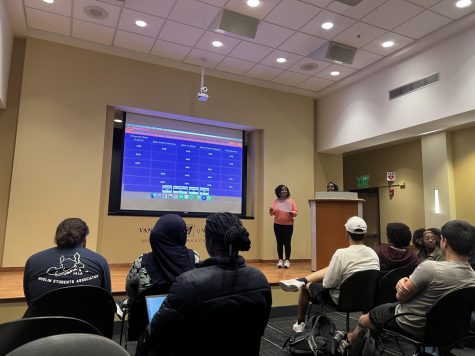
“I think it’s really important to hold Black history events because our histories matter, not just during February, but every month. Black Muslim history is Black history but gets often left out, so co-hosting this event was a great way to highlight the accomplishments and history of Black Muslims,” Mohammed said. “As a Black Muslim woman, holding this event was a great way to cherish and honor my intersecting identities.”
The BCC-hosted photographer, author and public speaker St. Clair Detrick-Jules for a discussion on “Black Hair + Storytelling as a Form of Social Activism” on Feb. 27. Detrick-Jules spoke about her 2021 book titled “My Beautiful Black Hair,” in which she interviewed and photographed 101 Black women and girls. She said her goal with this project was to show her little sister, Khloe, that her hair was beautiful, despite the thoughts of peers at school.
“I want to share this also because again, with this book, it’s about hair, but it’s also about self love and finding the courage to be our authentic selves,” Detrick-Jules said. “All of these hairstyles are worthy of love, all of these hairstyles are beautiful, all of these hairstyles are professional.”
The event concluded with an open discussion with the audience, in which students had the opportunity to speak about their own experiences with their hair.
Junior Eman Noraga said she appreciated feeling connected with her fellow Black peers during the event.
“It’s really something that we all struggle with, no matter our texture, no matter our skin tone,” Noraga said. “We’re all bonded by the fact that we have Black hair.”
Noble echoed Noraga’s sentiments, adding that the event was a great way to transition into Women’s History Month in March.
“The last week of Black History Month, we try to do things that focus on Black women, because it’s transitioning into Women’s History Month. It’s a natural segue,” Noble said.
Noble said he hopes to continue the FUBU initiative in the BCC’s future programming.
“It’s like a little small seed money and a platform and helping them advertise. That’s the part that I’ve really loved about this month; we really empowered members of our community and students,” Noble said.
Noraga said she appreciated the BCC’s support for student-led events and seeing her peers in leadership positions throughout the month.
“It was awesome to see my friends that I usually kick back and joke with leading these important conversations about aspects of Blackness that aren’t frequently talked about on this scale,” Noraga said.











